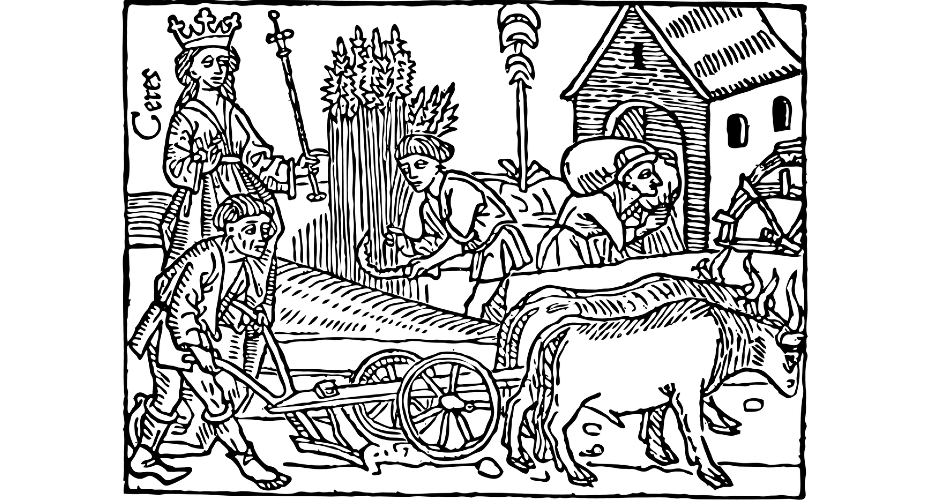New research project to provide historical perspective on contemporary farming challenges

The debate over whether UK farming can continue to feed us, be commercially viable and conserve our vulnerable natural environment is set to be addressed by a major new research project combining history with business analysis and environmental science.
Researchers at the University of Exeter will examine archival records over a 600-year period – from the Middle Ages to the Victorian era – and assign a sustainability rating to each historical era.
It is hoped that the £1.4m project, funded by the Arts and Humanities Research Council, will shape policy and practice for contemporary agriculture and help farmers and stakeholders to engage more constructively.
A better understanding of historic farming practices and food production in our landscape, they say, can provide a guide for UK agriculture now and in the future.
“This is an independent look at how our ancestors managed the land for food, for environment and biodiversity, and cultural benefits,” says Professor Alex Inman, project lead in Exeter’s Business School and a specialist in natural resource management. “And from that, we will ask the question of whether there is anything we can learn that applies to the current debate around land management.”
Professor Inman will team up with historians in Exeter’s Department of Archaeology and History to investigate 40 manorial holdings covering Cornwall, Devon, Norfolk, Derbyshire, and Leicestershire.
They will consult a wealth of information, including archived accounts, tenancy agreements, and crop yields. Using this data, the team will generate a sustainability score for each of the periods examined: 1250-1450; 1450-1650; 1650-1750; and 1750-1850.
The six centuries in question saw seismic change in the use of land and people’s relationship with it, incorporating initial subsistence agriculture; the rise of landowner rents, enclosure and local markets; the replacement of owner-occupier farmers by larger landed estates, and the emergence of long-distance cattle trade; and finally, urban growth, increased agricultural production, food imports and the proliferation of new technology.
Co-investigator Professor James Clark, of the Department of Archaeology and History, said: “The goal of the project is to use insight from our research as a basis for constructive dialogue between stakeholders on possible future pathways and trade-offs. It will offer an informed analysis of the historical record as a ‘test bed’ for ideas. It is not about simply turning back the clock to directly recreate a previous reality.”
In addition to working with manorial records, the research team will consult externally held sources of information, including probate inventories, 19th-century tithe surveys, and research case studies. It will also draw from the 16th-century survey Valor Ecclesiasticus, which is the focus of another major AHRC-funded research project led by the University.
The final part of the project will see the team working with a broad range of stakeholders to share the results and bring them together across several initiatives that will promote discussion.
“If we can identify tangible examples of past sustainable land use, we have a chance to influence future policy and guidance,” adds Professor Henry French, a historian and fellow co-investigator. “And if we can provide that historical context, maybe the legacy of this project will be a more harmonious dialogue between all parties.”
Past Harvests: Informing contemporary UK land use policy through a sustainability assessment of farming systems in the medieval and early modern period will run for the next three years. More information is available via its website.



